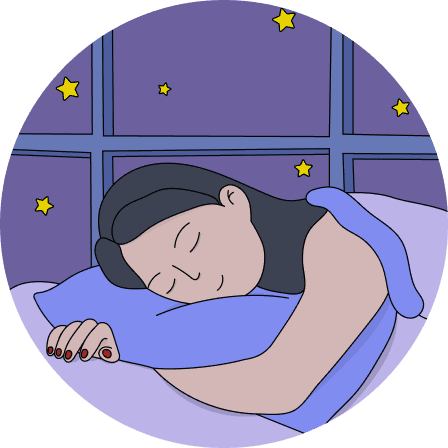
Why do we dream?
From a purely biological standpoint, as Freud says, “Dreams are the guardians of sleep and not its disturbers.” But even from the merely mundane, Darwinian point of view, the function of dreams became far more complex than this over time, even if maintaining sleep was their original purpose.
Dreams work out unprocessed emotions that are often reliving past trauma–trauma we are often not even consciously aware of. One way to think of this is that if you really harm a tree in its early growth, the way it grows thereon will always be in reference to that initial trauma, and each proceeding trauma will be affected and stamped by that initial trauma.
The tree will go on to become strong and fruitful, providing shelter for many creatures, but the trauma will influence the way it grows. Some psychoanalysts would be so radical as to say that all trauma is contextualized, meaning that we require knowledge of others, their use of language, and their own interpretations of trauma to even begin to understand an experience, past or present, as being traumatic.
In either case, dreams are the roots of our psyche burrowing themselves into all this trauma, insight, and knowledge that we do not normally have access to in our waking lives. Dreams are full of useful knowledge, although they have a way of speaking their own, strange language, which incorporates symbols, drama, and linguistic play, often in ways far more advanced and creative than would be possible while awake. In a sense, we are all Shakespeares in our dream life.
However, as civilization, technology and culture advances, that part of our psyche that naturally regulates between the conscious and unconscious self, called the censor, gets a tad out of tune. In some cases, especially for those raised in very civilized or very strict, neurotic households, the censor can become particularly oppressive, and begins to censor information that would actually be useful to us, even during our dreams.
For that reason, this creative aspect of the dream is often fighting against the creative aspect of the censor, which causes some very strange dreams that are hiding rather than revealing parts of ourselves. Nonetheless, the dream self has a strong urge to express itself, like an imprisoned artist, and will use the walls of its own cell if need be.
For that reason, dream analysis requires knowledge not only of human history in philosophy, religion, mythology, literature, and symbolism, but also an understanding of the nature of this censor and knowing its tricks and mechanisms.

Dream App
Free dream interpretations

(1,213)




